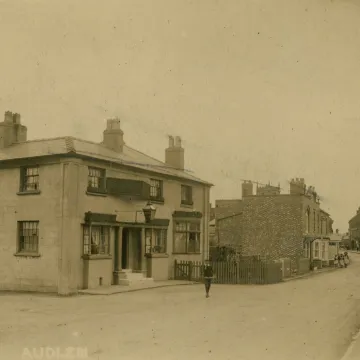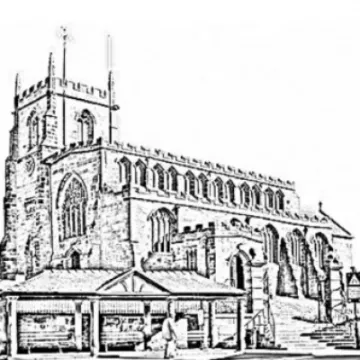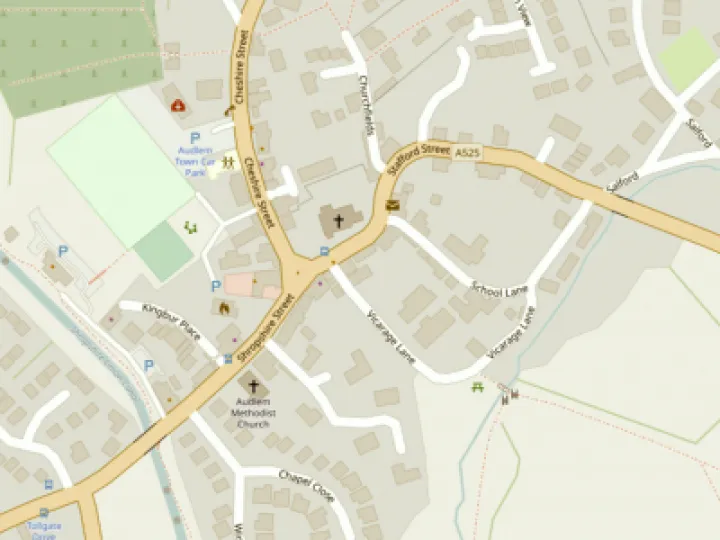







Habeus Corpus
The Habeas Corpus Act 1679, passed on May 27th of that year, is an Act of Parliament in England during the reign of King Charles II It was passed by what became known as the Habeas Corpus Parliament to define and strengthen the ancient prerogative writ of habeas corpus, which required a court to examine the lawfulness of a prisoner's detention and thus prevent unlawful or arbitrary imprisonment
The Act is often wrongly described as the origin of the writ of habeas corpus. But the writ of habeas corpus had existed in various forms in England for at least five centuries before and is thought to have originated in the 12th Century Assize of Clarendon. It was guaranteed, but not created, by Magna Carta in 1215,
The Act of 1679 which is remembered as one of the most important statutes in English constitutional history. Though amended, it remains on the statute book to this day.
The Bill went back and forth between the two Houses, before the vital vote in the Lords. Each side--those voting for and against--appointed a teller who stood on each side of the door through which those Lords who had voted "aye" re-entered the House (the "nays" remained seated). One teller would count them aloud whilst the other teller listened and kept watch to know if the other teller was telling the truth. Shaftesbury's faction had voted for the motion, so they went out and re-entered the House. Gilbert Burnet, one of Shaftesbury's friends, recorded what then happened:
Lord Grey and Lord Norris were named to be the tellers: Lord Norris, being a man subject to vapours, was not at all times attentive to what he was doing: so, a very fat lord coming in, Lord Grey counted him as ten, as a jest at first: but seeing Lord Norris had not observed it, he went on with this misreckoning of ten: so it was reported that they that were for the Bill were in the majority, though indeed it went for the other side: and by this means the Bill passed.
The clerk recorded in the minutes of the Lords that the "ayes" had fifty-seven and the "nays" had fifty-five, a total of 112, but the same minutes also state that only 107 Lords had attended that sitting.
The King arrived shortly thereafter and gave Royal Assent before proroguing Parliament. The Act is now stored in the Parliamentary Archives.
This article is from our news archive. As a result pictures or videos originally associated with it may have been removed and some of the content may no longer be accurate or relevant.
Get In Touch
AudlemOnline is powered by our active community.
Please send us your news and views using the button below:
Email: editor@audlem.org





